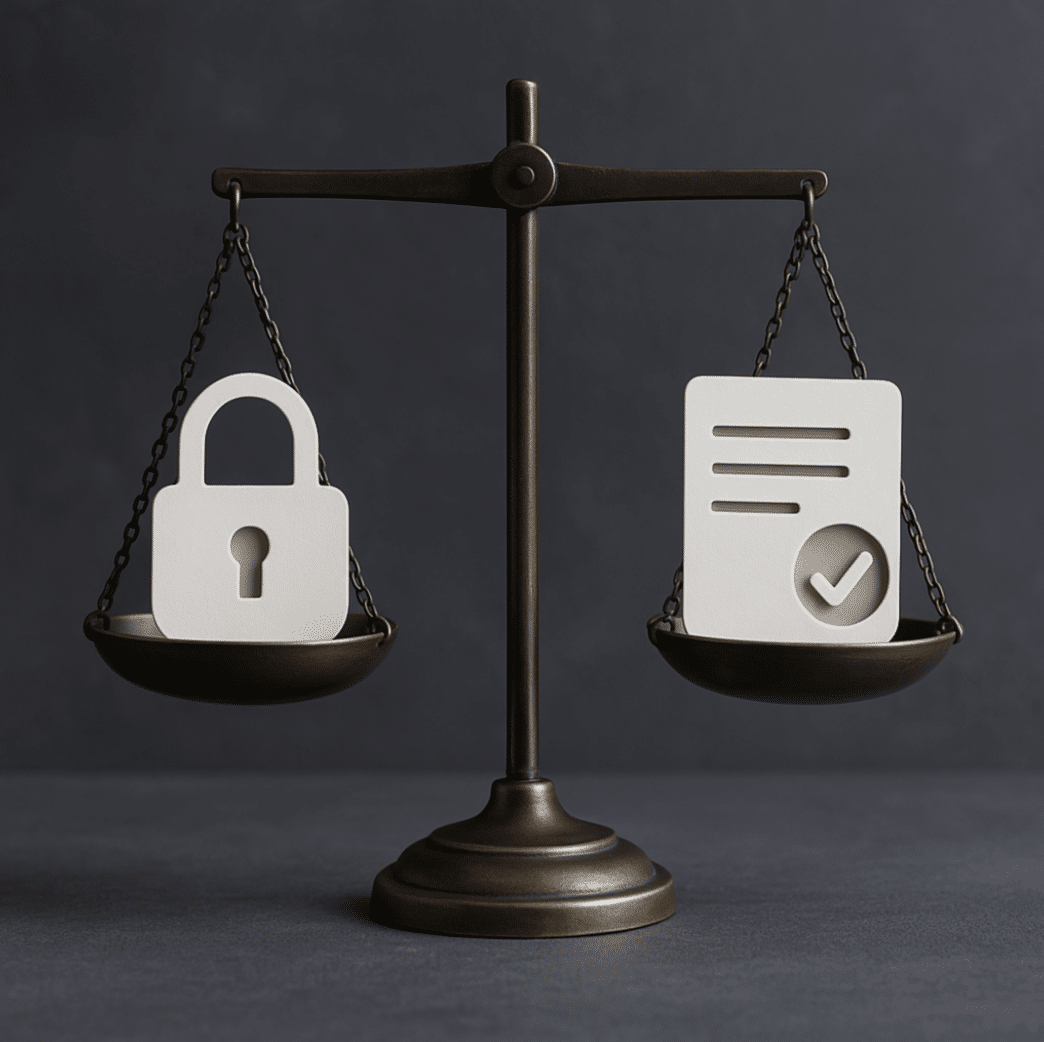In the changing landscape of the adult content sector, age verification for adult sites is emerging as a crucial mechanism to ensure responsible access and protect minors from exposure to explicit material. As platforms face increasing regulatory scrutiny and societal expectations, implementing robust age verification for adult sites becomes imperative. Common Sense Media reports alarming statistics, revealing that 15% of children have viewed pornography by the age of 10, and nearly three-quarters have viewed pornography online between the ages of 13 and 17, with more than half doing so before the age of 13. These sobering statistics, coupled with insights from the recent XBIZ Show, one of the most important events for the adult content sector, underscore the urgent need for effective age verification solutions.

- What are the legal and ethical considerations surrounding age verification in the adult content industry?
- What are the potential risks and consequences of not implementing adequate age verification measures for adult content platforms?
- How can age verification help foster a safer online environment and promote responsible consumption within the adult content sector?
- Compliance with Age Verification Regulations
What are the legal and ethical considerations surrounding age verification in the adult content industry?
Age verification in the adult content industry is not only a matter of compliance with legal requirements, but also an ethical responsibility to protect vulnerable individuals. Laws vary across jurisdictions, but the main goal is to prevent minors from accessing age-inappropriate content. For example, in the EU, the Digital Services Act (DSA) requires strict age verification for pornography websites by February 2024. Meanwhile, similar laws have been implemented in the UK and some US states since 2023.
Various types of digital platforms, such as online marketplaces, social networks, adult content providers, content sharing platforms, app stores, and online travel and accommodation platforms, are subject to these regulations. Compliance with certain provisions of the law requires robust user verification procedures—especially age verification for adult sites—as well as the implementation of age-appropriate design features.
Failure to establish effective age verification for adult sites can lead to serious legal consequences, including substantial fines and reputational damage. From an ethical perspective, platforms have a duty to protect minors from harm and uphold community standards regarding access to adult content.
What are the potential risks and consequences of not implementing adequate age verification measures for adult content platforms?
Failing to implement adequate age verification for adult sites poses significant risks for adult content platforms. First, it exposes minors to age-inappropriate material, potentially harming their psychological and emotional well-being. Furthermore, platforms face legal liability and regulatory penalties for non-compliance with age verification for adult sites requirements. Beyond legal consequences, they risk damaging their reputation and losing user trust, which can lead to decreased engagement and revenue loss. Overall, inadequate age verification for adult sites undermines platform integrity and jeopardizes user safety.
How can age verification help foster a safer online environment and promote responsible consumption within the adult content sector?
Age verification for adult sites plays a critical role in fostering a safer online environment by restricting minors’ access to explicit material. When platforms implement robust age verification measures, they send a clear message: protecting vulnerable users and promoting responsible content consumption is a top priority. These systems help prevent early exposure to adult material, which can have long-term psychological and emotional effects on underage users.
Moreover, age verification for adult sites supports compliance with international regulations, helping platforms avoid legal penalties and public backlash. It also contributes to curbing the spread of illegal, exploitative, or harmful content by ensuring that only verified adults interact with legitimate, ethical providers. This creates a more trustworthy digital ecosystem where users feel safe and respected.
Beyond legal and ethical obligations, strong age verification fosters user confidence. Adults can consume content knowing the platform is responsibly managed, while businesses benefit from improved brand integrity. Ultimately, age verification for adult sites is not just a compliance tool—it’s a foundational safeguard that upholds the credibility of the adult content industry while protecting its most vulnerable audiences.
Compliance with Age Verification Regulations
“We are facing a major problem that puts minors at risk and that continues to worsen year after year due to the lack of restrictions on content for minors. It is necessary to have stricter rules, both globally and locally, to protect minors as soon as possible not only from pornography, but also from other sectors such as alcohol, tobacco or gambling,” says Jorge Bardón, CEO of Bouncer Digital. “Solutions such as ours have already enabled many companies in these sectors to anticipate regulation and their users to have a secure ecosystem for their personal data”.
If you would like to learn more about how Bouncer can help you comply with adult content regulations in your region, please do not hesitate to contact us.







